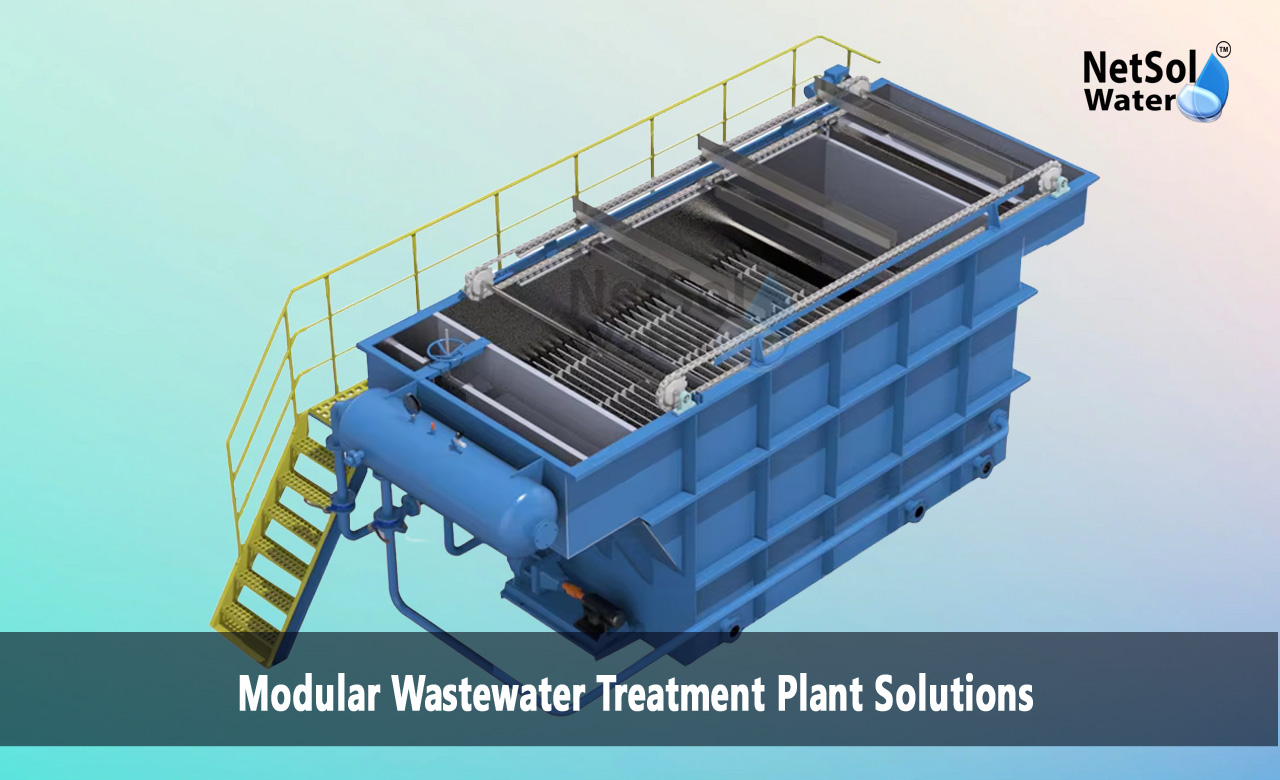Modular Wastewater Treatment Plant Solutions
Modular Wastewater Treatment Plant Solutions offer a new way to manage wastewater with speed and flexibility. These systems use prefabricated modules that fit together on site. They cut the time needed for construction and they lower the initial disruption to local areas. They also simplify upgrades when capacity needs change. Designers can match modules to site needs and to local rules. Operators can start with a small plant and expand by adding modules as demand grows. This approach helps projects stay on budget and meet schedules while keeping operation simple. Communities and businesses gain access to treated water that meets reuse goals and to reduced environmental impact. Modular Wastewater Treatment Plant Solutions make it easier to include resource recovery energy recovery and safe reuse in a compact layout.
Benefits of Modular Design
Faster Delivery and Lower Risk
Modular units arrive from the factory ready for connection. This reduces on site work and shortens construction time. Teams install modules in phases and they bring the plant online sooner. Faster delivery also lowers exposure to weather and to delays in local supply chains.
Flexibility and Scalability
Modular plants let owners add capacity without major redesign. Each module handles a portion of the flow or load. Planners choose the mix of modules that matches current needs and future growth. This flexible path helps communities adapt to new demands with less waste.
Quality Control and Standardization
Factories build modules under controlled conditions. This process improves uniformity and reduces defects. Standard modules simplify maintenance and spare part management. Operators benefit from predictable performance and from easier staff training.
Design and Components
Core Treatment Modules
Designers select modules for preliminary treatment, biological treatment and final polishing. Screening and grit removal protect downstream units from damage. Biological modules remove organic matter and nutrients through proven processes that fit the module scale. Final polishing filters and disinfects the effluent for safe reuse or discharge.
Control and Monitoring Systems
Each modular plant includes control cabinets, sensors and communication links. These systems monitor flow quality and they alarm staff when values fall outside set limits. Remote monitoring lets teams track performance from a distance and plan maintenance more efficiently.
Support Systems and Utilities
Pumps, valves and piping connect the modules into a functioning plant. Power systems include backup options to protect treatment during outages. Heat and gas handling come into play when the plant uses energy recovery techniques. Designers size these utilities to match the modular layout and to save on energy use.
Installation and Commissioning
Site Preparation and Foundations
Teams prepare level foundations and clear access for heavy lifts. Proper foundations protect modules from settling and they ease alignment during installation. Early work on site utilities speeds the connection of water power and control lines.
Assembly and Testing
Installers place modules and connect mechanical electrical and control links. Technicians run tests for leaks, alignment and control logic. Commissioning teams then introduce flows and they verify treatment performance against targets. These tests confirm that the plant meets permit conditions.
Training and Handover
Operators receive hands on training during commissioning. Documentation and spare part kits accompany the handover package. Well-planned training helps teams operate the plant safely and with steady output.
Operation and Maintenance
Routine Maintenance Tasks
Operators inspect pumps, check seals and they clean screens on a set schedule. Predictable modules make these tasks easier to perform and easier to log. Routine tasks keep performance stable and they reduce the risk of unplanned shutdown.
Performance Monitoring and Optimization
Teams use sensor data to track removal rates, energy use and process stability. They adjust aeration, chemical dosing and sludge handling to maintain targets. Data driven tweaks help maintain effluent quality while keeping operational cost in check.
Applications and Scalability
Urban and Rural Uses
Modular plants fit urban infill sites and remote rural locations. Their compact footprint suits tight sites and their phased build suits growing towns. Industrial sites use modular plants for process water and reuse within their operations.
Expansion and Repurposing
Owners expand capacity by adding modules or by swapping in higher capacity units. When a site changes, use modules move to new locations or to temporary projects. This reuse extends the useful life of the investment.
Conclusion
Modular Wastewater Treatment Plant Solutions help projects reach water quality reuse and budget goals while keeping timelines short. They offer faster delivery, flexible growth and simpler maintenance. They work across urban industrial and rural contexts and they support both new builds and upgrades. For more information or to request a consultation please get in touch today.
Contact Netsol Water at:
Phone: +91-9650608473, Email: enquiry@netsolwater.com



